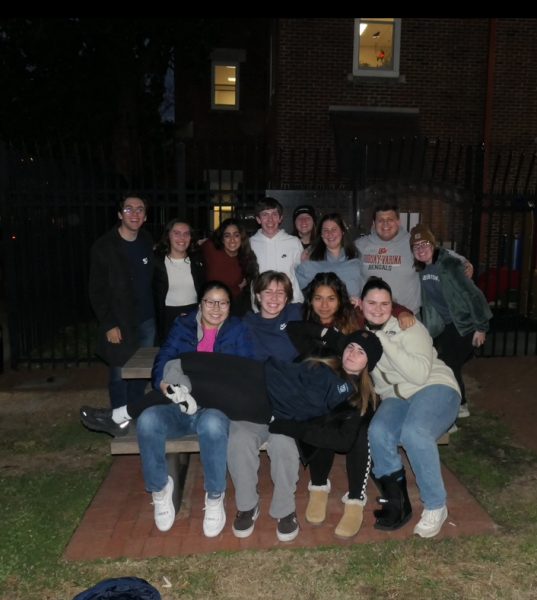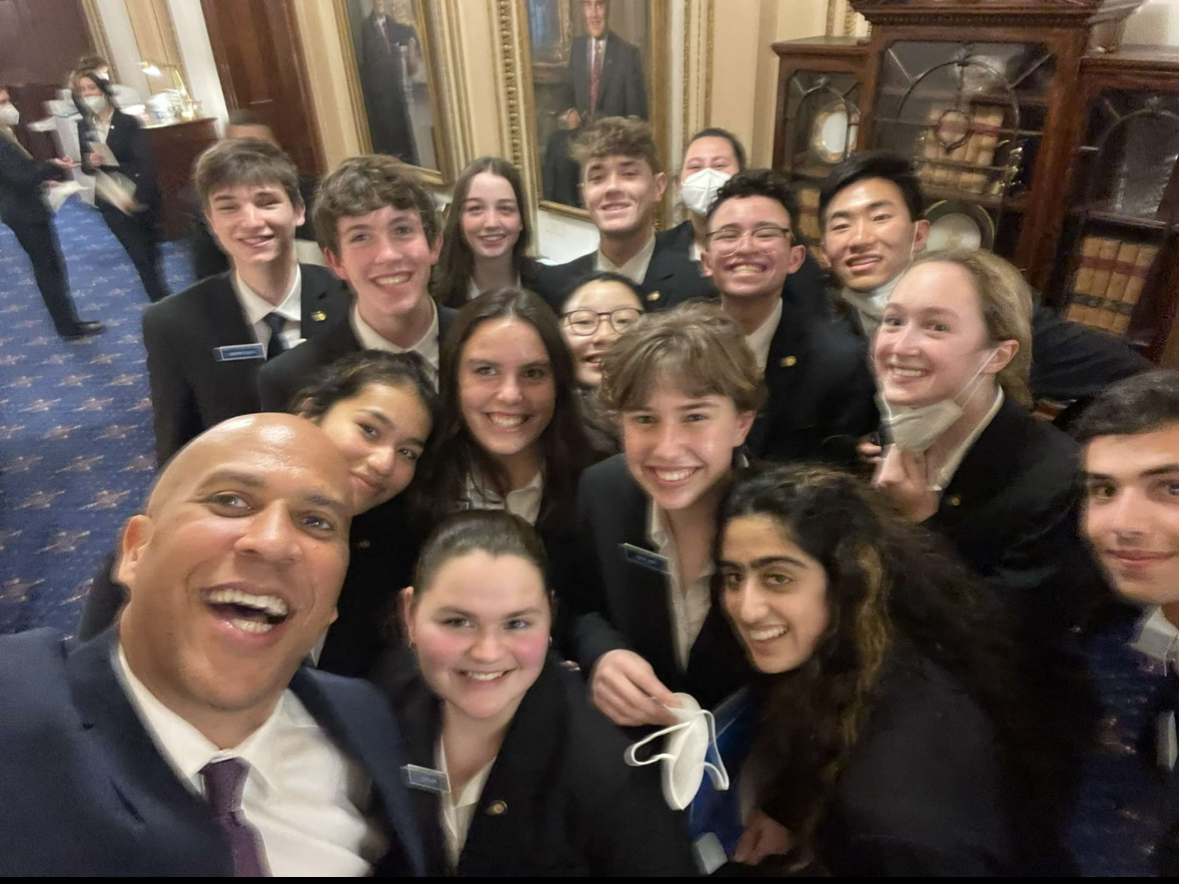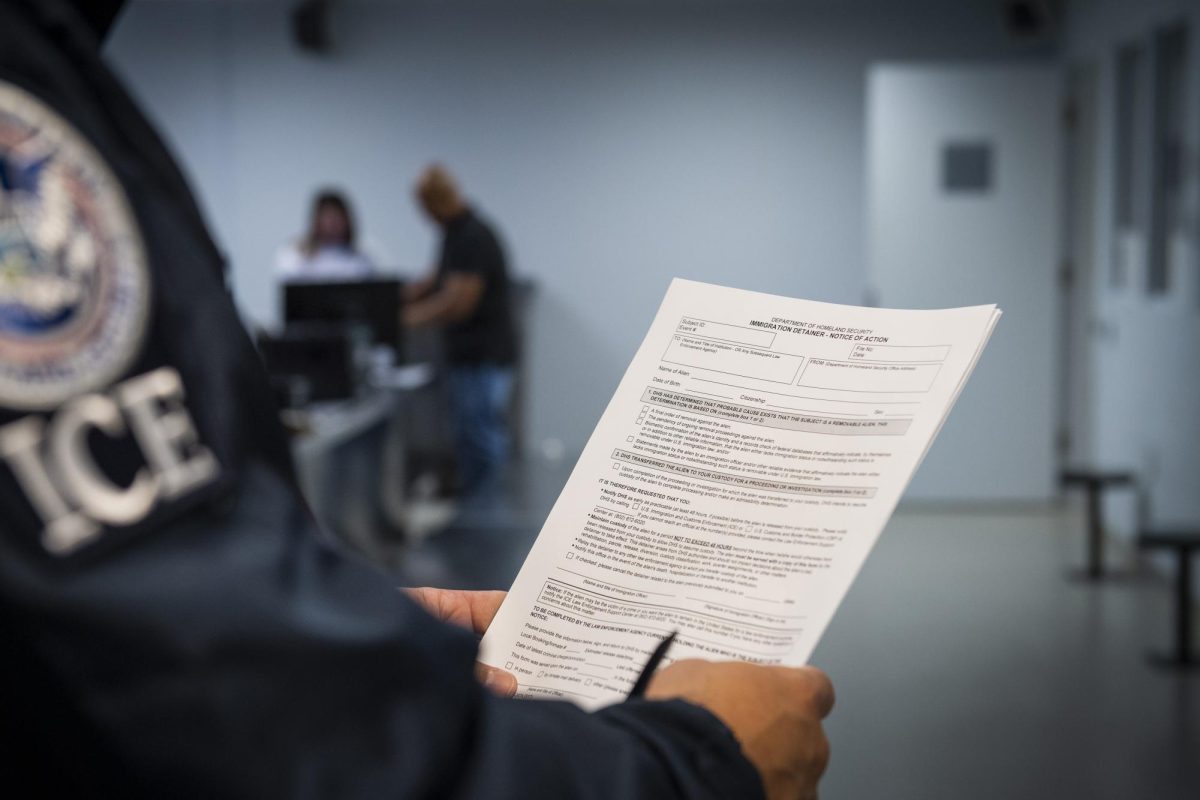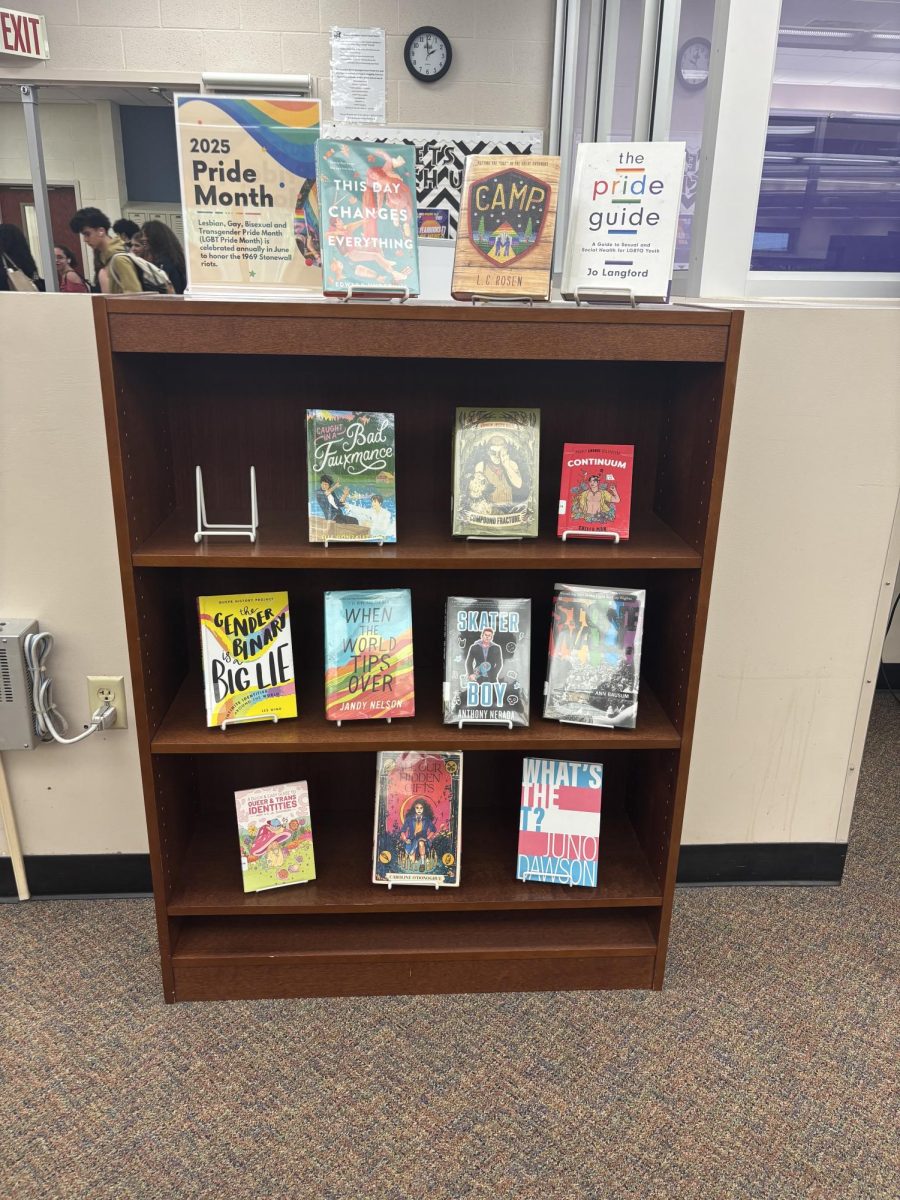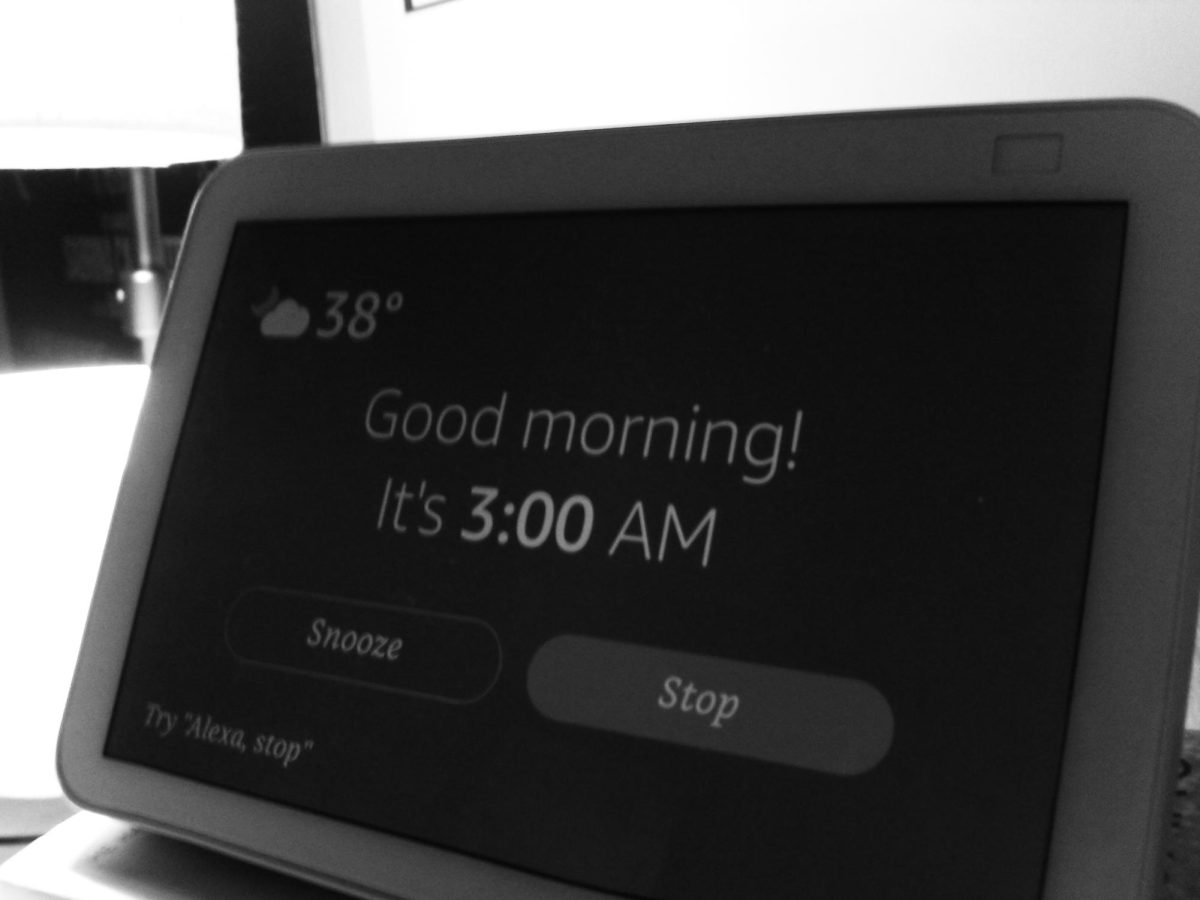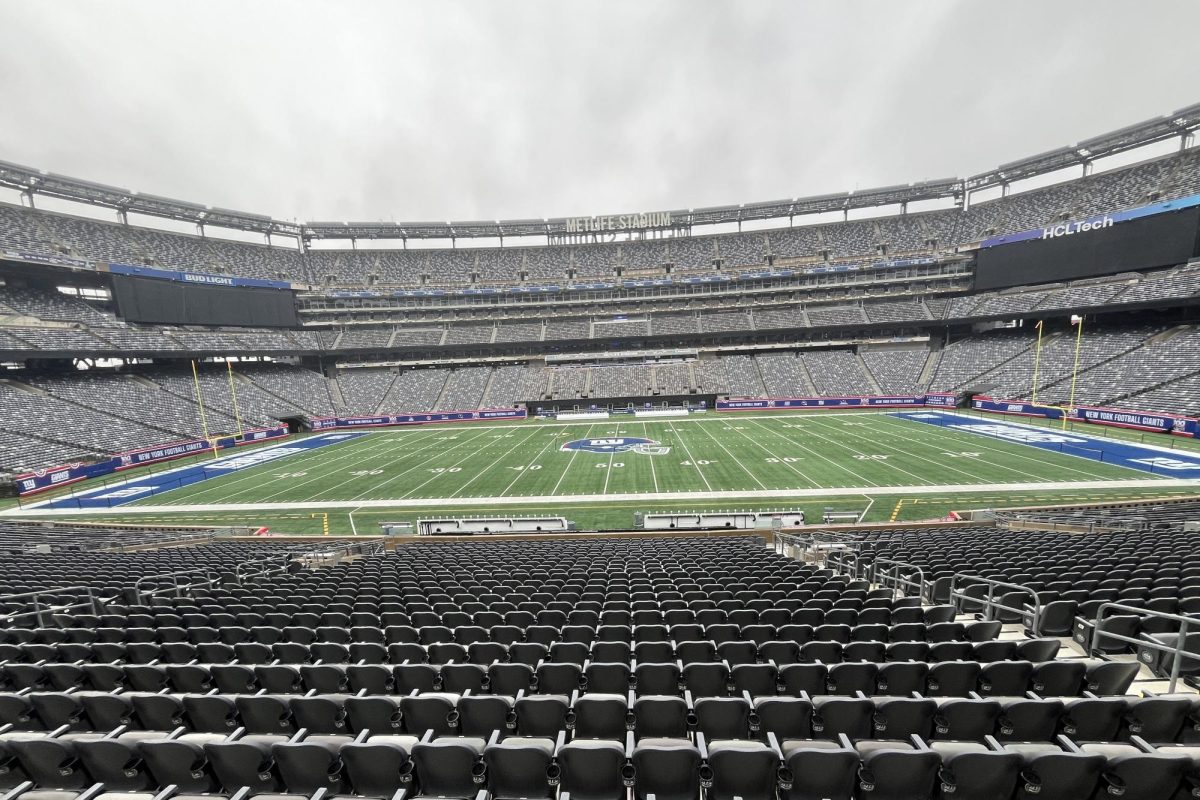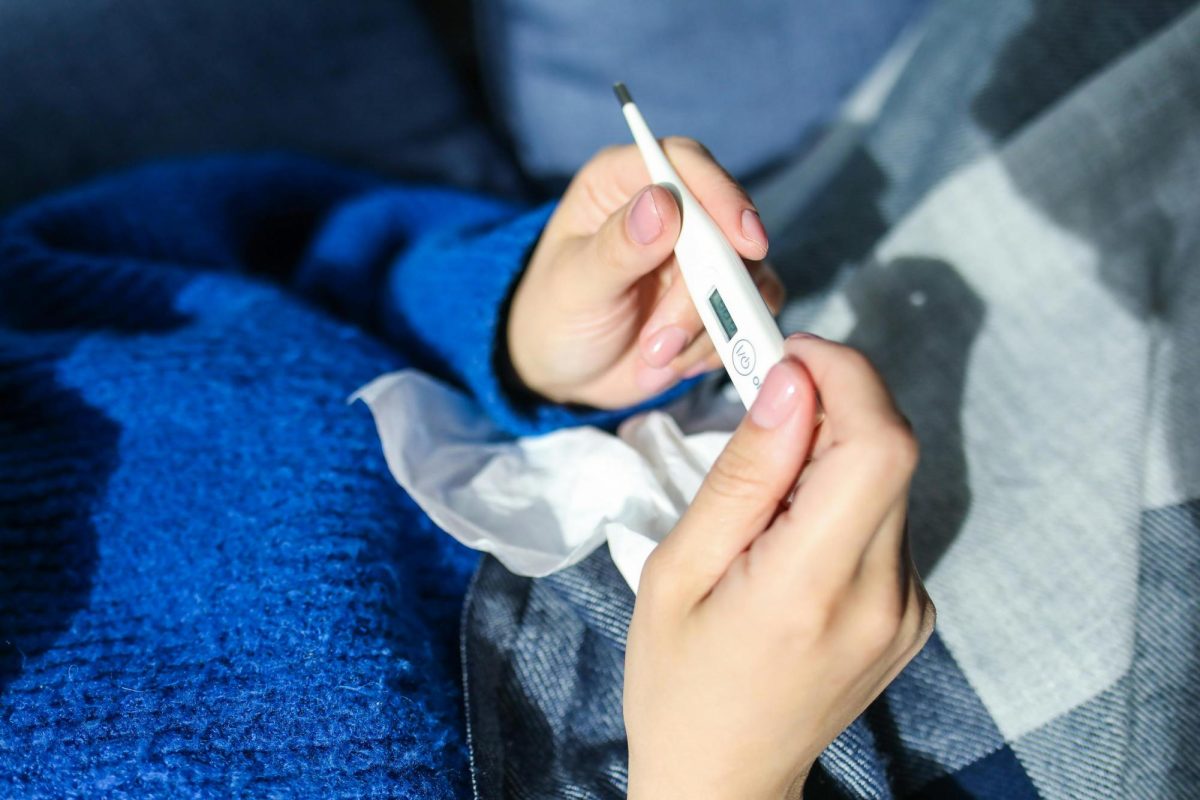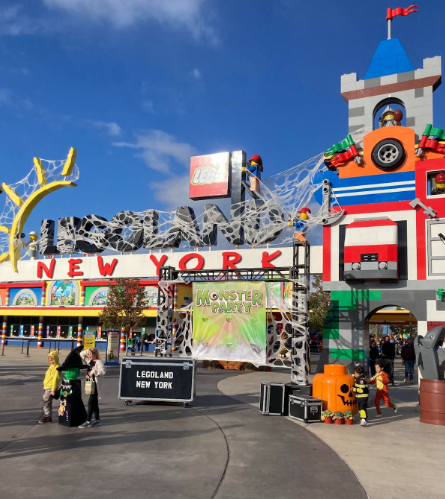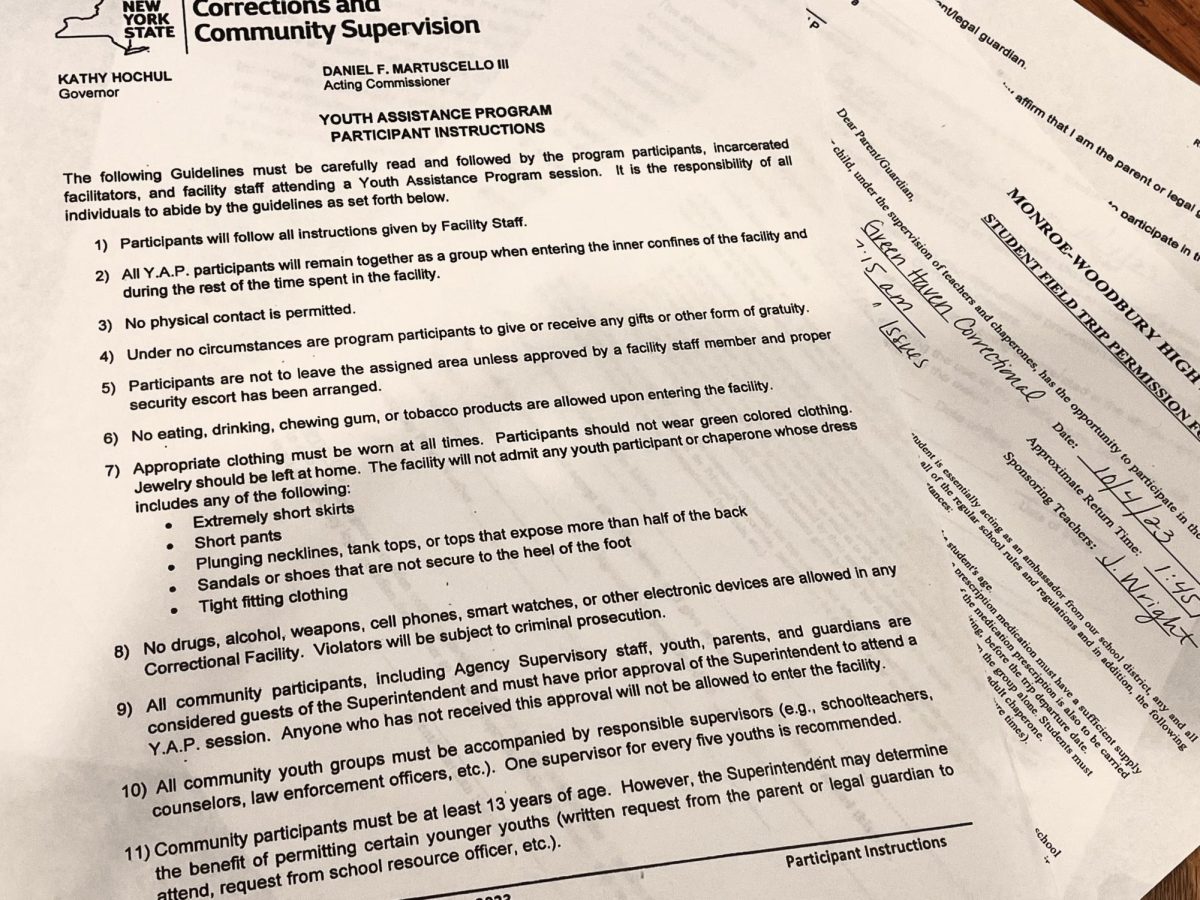The United States Senate Page Program is one of the most rigorous yet rewarding opportunities available to high school students interested in government and politics. Open to high school juniors across the country, the Page Program allows students to live in Washington, D.C., attend school, and work on the Senate Floor daily. Last year, I was appointed by Majority Leader Schumer and had the opportunity to spend my fall semester as a page.
The Senate Page Program brings together a maximum of 30 students from across the nation in Webster Hall, a dorm building just one block away from the Hart Senate Office Building. There are multiple support systems to ensure the safety of pages. Proctors on the residential side, teachers on the academic side, and cloakroom supervisors on the work side. All three groups worked in tandem to ensure that we had the best experience possible while keeping us accountable.
Leaving home at such a young age was not an easy decision, as someone who had never spent more than a week away from home at summer camp. While I now know that I did not miss it at all, the most daunting part of this process was giving up my phone for the duration of the program. On move-in day, in a room with the 25 other pages in my class, I placed my phone in a resealable plastic bag and did not get it back until I moved out (with the exception of Thanksgiving and Winter Break). Instead, my only way to stay in contact with family and friends back home was through a landline I shared with my three other roommates.
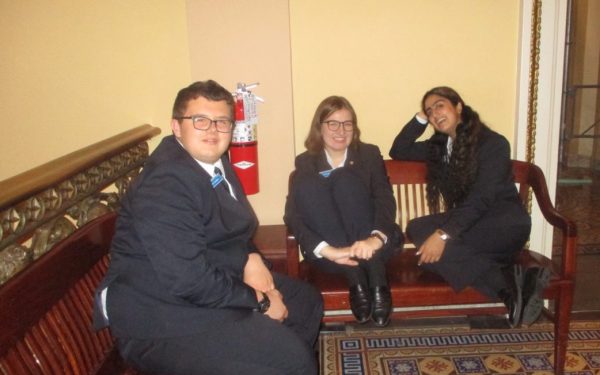
The rigor of this program comes from the balance of school and work on the Senate Floor. School began at 6:15 a.m., meaning that students were expected to be ready for the day by 5:30 a.m. The school day consisted of four classes, each more difficult than the classes I take in Monroe-Woodbury. We took frequent field trips to places like Historic Williamsburg and Philadelphia to supplement our classwork, and were quizzed on what we had learned the next day. Although classes ended at 8:30 a.m. to allow ample time to get to the Capitol by 9 a.m., the school day did not end there. From doing pre-calculus homework on the Floor before the Senate was called into session to studying the week’s etymology assignment in the back lobby, school continued throughout the day.
Work duties were challenging too. By the end of my first week, I was quizzed on the names and faces of all 50 Democratic senators I interacted with on a daily basis. During votes, we were in charge of reporting when a member arrived to ensure they voted. After a vote was completed, we were responsible for taking copies of the official roll call vote around the Capitol Building; this often included anywhere from 18 to 22 different offices.

I found the interactions with members of Congress to be the most exciting part of the job, though, because it allowed me to see past the partisan disagreements that the media amplifies. On the Senate Floor, I witnessed heated debates and bipartisan camaraderie. For me and many of my peers, it was the first time since we became politically aware that friends can disagree politically without any issues between one another. This shift in my mindset was monumental and would never have been possible without these experiences.

The most important part of this program for me, however, was the opportunities to explore the city in my free time. Although I frequented Starbucks and the gym in my time as a page, I also took the Metro to Dupont Circle and attended Washington Capitals’ games. The opportunities to experience new things were endless.
The program may seem intimidating at first, but the experiences you will make there are incredibly unique. The lessons I learned, whether it was in school, at work, or from my fellow pages, shaped the way I now look at life and the world around me. Without the Senate Page Program, I wouldn’t be the person I am today.
I highly encourage any sophomore interested in politics and government to apply to this program for their junior year. There are two semester programs, fall and spring, and two short summer sessions for those who don’t want to leave home for five months but still want the page experience. The deadlines for the Fall 2024 and Spring 2024 sessions have not yet been announced, although applications are open on Majority Leader Schumer’s Website. The fall application will likely close in May and the Spring application in November. More information about the specific requirements to become a page can be found on the U.S. Senate Page Program Website.
